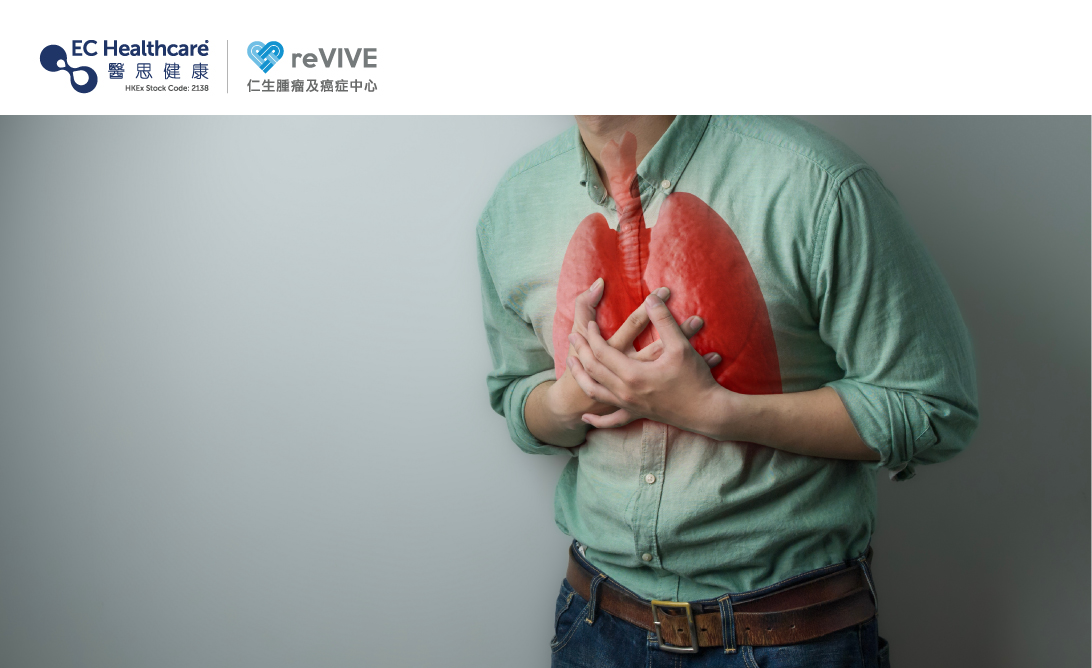Constant Stomach Aches and Indigestion: Could It Be Signs of Stomach Cancer?


Life in the city can be tough on your stomach, with stressful work, irregular meals and big feasts. But if you are experiencing persistent stomach aches and indigestion, it could be more than just a case of bad digestion. In fact, these symptoms could be warning signs of stomach cancer.

Stomach cancer: the 4th deadliest cancer
Stomach cancer causes around 1000 new cases every year in Hong Kong and is the 4th deadliest cancer. Irregular meals, stress, smoking and obesity are common causes of stomach problems in Hong Kongers.
Stomach cancer is caused by the abnormal growth of stomach cells into malignant tumours, which can develop anywhere in the stomach. Common stomach cancers include adenocarcinoma, gastrointestinal stromal tumours (GISTs) in stomach muscles and lymphoma in the stomach wall.
According to statistics from the University of Hong Kong, the five-year survival rate after surgery for stage 1 stomach cancer is 95%, but only 10% for stage 4 cancer. Unfortunately, many patients are diagnosed with stomach cancer when it has reached stage 3 or above, some cancers have even spread to other organs, leading to high death rates.

Stomach aches and indigestion are often overlooked
Many people often take painkillers or probiotics to ease stomach aches and indigestion. Yet, prolonged pain or discomfort can be symptoms of digestive disorders such as stomach ulcers, chronic gastritis and Helicobacter pylori (H. pylori) infection. If left untreated, they can develop into stomach cancer over time.
Stay alert if you experience the following symptoms:
-Heartburn or acid reflux
-Nausea or vomiting
-Indigestion
-Abdominal discomfort or bloating after meals
-Loss of appetite or rapid weight loss
-Swollen abdomen
-Abdominal pain
-Blood in stools or black stools
-Anaemia, tiredness, weakness
If these symptoms persist for 2 weeks or above, you should receive a comprehensive examination.
The most effective and direct examination is gastroscopy, which can observe the oesophagus, stomach and duodenum for any ulcers, tumours or inflammation. Gastroscopy can also identify the causes of gastrointestinal bleeding, difficulty swallowing and abdominal pain, and help diagnose stomach cancer.
Related Brands



